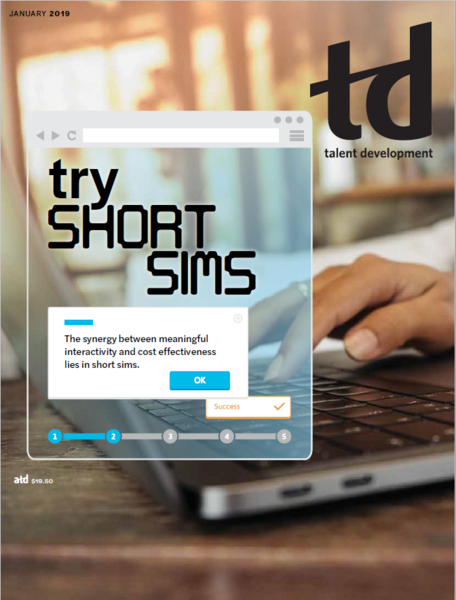TD Magazine Article
Word Wiz: Collaborative Overload
Why do teams that seemingly have all the right pieces often fall apart? The answer is frequently collaborative overload.
Wed Jan 02 2019
Teamwork is being emphasized more than ever, no matter what field of work you're involved in. After all, two heads are—usually—better than one. Why, then, do teams that seemingly have all the right pieces often fall apart? The answer is frequently collaborative overload.
Think back to group work during your school years. Didn't it often feel more exhausting, especially if you were the one doing all the work? You'd spend more time sending messages to your team than doing the project.
Rob Cross, Reb Rebele, and Adam Grant note in their Harvard Business Review article "Collaborative Overload" that in recent decades managers and employees are spending at least 50 percent more time partaking in collaborative activities, and most knowledge workers spend at least 85 percent of their time either checking emails, in meetings, or on the phone—none of which drives business.
In the end, your project doesn't get completed nearly as quickly as it should have. So much effort was put into facilitating discussion—like in the case of a classic meeting that should have been an email—that you were never given time to work.
People are given a specific job title for a reason: because they're seen as an ideal fit for it. People should do everything in their power to fulfill those positions, not simply wait for the "smart guy" to chime in.
Rather than calling another meeting or assigning another group, which increases collaborative overload, let's opt instead for collaborative comfort. It would do wonders for individuals and organizations alike.

